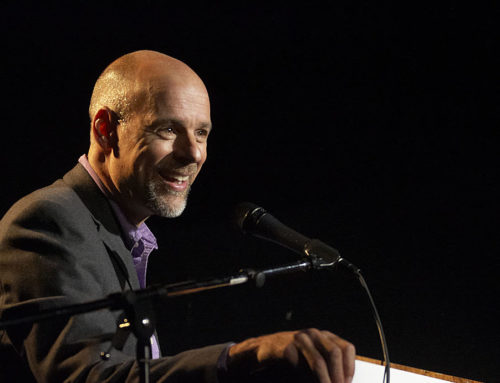Last Sunday morning Marty and I drove over to Pasadena to hear Bryan Stevenson speak at All Saints Church. I’ve known Bryan since I was a little boy growing up on the campus of Eastern Baptist College and he was one of my father’s all-time favorite sociology students. Bryan went on to Harvard Law School and then moved to Montgomery, Alabama to found the Equal Justice Institute, which provides legal representation to indigent defendants and prisoners who have been denied fair and just treatment in the legal system.
Lately he’s become a strong voice in the conversation about race, poverty, police misconduct and mass incarceration, and I’ve watched with joy as his book, Just Mercy, and his TED talk, We Need to Talk About An Injustice have moved huge numbers of people to genuinely rethink our dominant American narrative.
Listening to Bryan, I was reminded of the power of proximity when it comes to living out our highest values. As long as we keep ourselves apart from the most broken places in our world, we can approach every form of injustice as a social issue, and feel good about ourselves so long as we hold the right opinion and vote the right way on that issue. When we get closer, however, and get to know the individual people who are being neglected and abused by our broken systems, and begin trying to make a difference, things quickly get a whole lot messier, as we discover our own brokenness – and often our own healing – in the midst of the struggle.
Bryan also reminded me of the power of stories, especially when it comes to motivating people to make the kind of sacrifices required to change things for the better. We secularists, and especially those of us who had to find our way out of supernatural religions, are often so enamored with our rational arguments and scientific evidence that we forget what reason and science tell us over and over again, loud and clear: We human beings are emotional animals.




